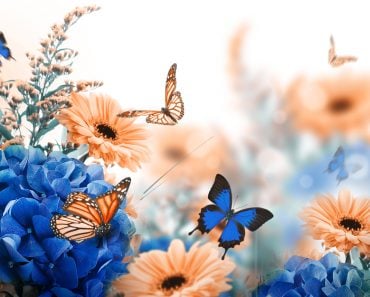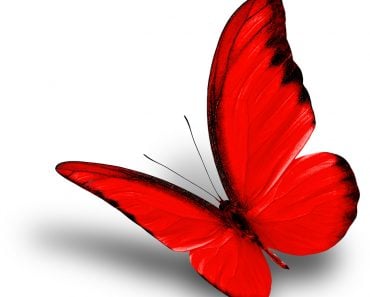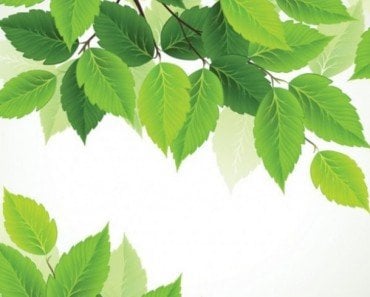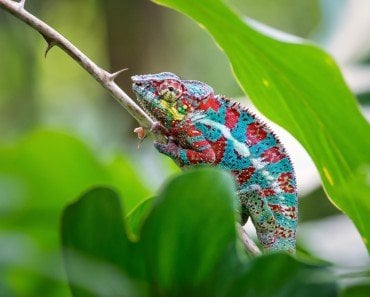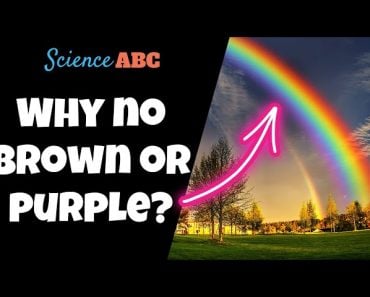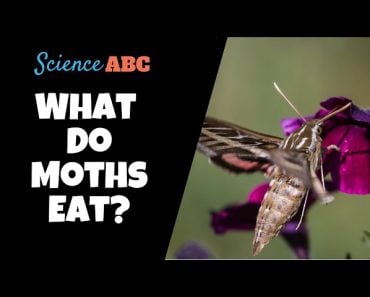Table of Contents (click to expand)
Butterflies get their color from two main sources: pigmentation and iridescence. Pigmentation is responsible for ordinary color, while iridescence is a phenomenon where the color of an object changes depending on the angle at which it is viewed. Butterfly wings are composed of many tiny transparent scales that contribute to iridescence, and the combination of all these reflections gives the butterfly’s wings their iridescent color.
When many people think of a garden or a park, part of the image in their head will surely be butterflies flitting from one plant to another. The main reason that everyone is so fond of butterflies is because of the brilliant colors of their wings.
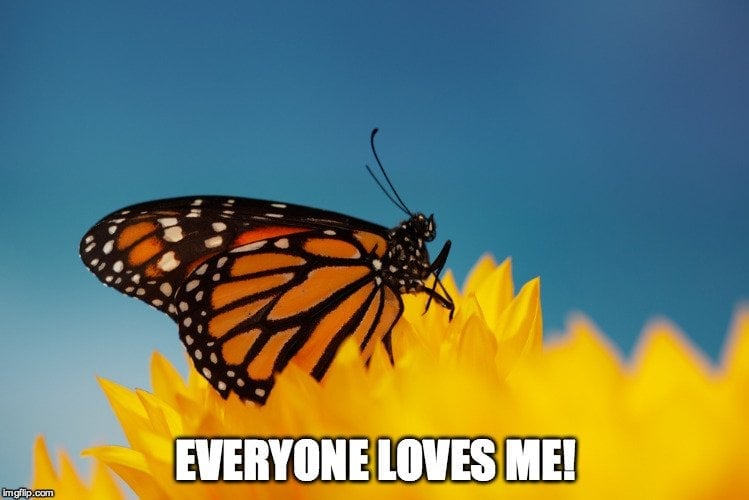
How exactly do butterflies manage to do this? Let’s explore the two main qualities a butterfly wing possesses that gives it it such a striking color.
Recommended Video for you:
Pigmentation
One of the sources of those amazing colors on a butterfly wing is pigmentation.
This pigmentation is responsible for ordinary color. What do we mean by ordinary color? Basically, it means color that is unchanging, regardless of how you look at it. For example, the color of plant leaves is green, due to the pigment chlorophyll. This perception of ours of the leaves being green is because chlorophyll absorbs the light of every other wavelength, except green. This is why we see the colour green, since it is reflected back towards us. This color is going to remain green regardless of the angle at which you look at the leaves.
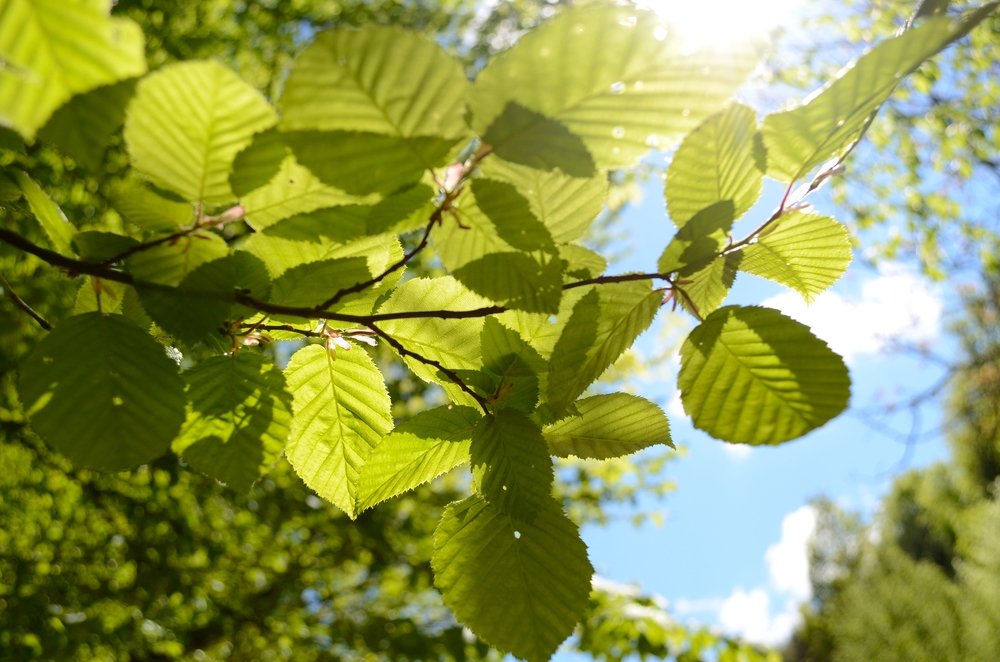
The same principle applies to butterfly wings, as they too contain coloring pigments, mainly melanin, which gives them the darker colors of yellow, brown and black. Melanin is the same coloring pigment present in human skin, which also gives our skin its distinctive color. See, butterflies and humans aren’t that different after all!
Iridescence
This is where the color of butterfly wings gets a bit more complex. The second source of their color is a fascinating phenomenon known as iridescence. In terms of iridescence, as you change your position with respect to the object, the color of the object also changes! Why does this happen, you may ask? Well, this occurs when light passes through a transparent surface with many different layers, and the light reflects off these many surfaces to give different colors of varying intensities, which change depending on the angle at which you look at it. A great example of this phenomenon can be seen in soap bubbles.
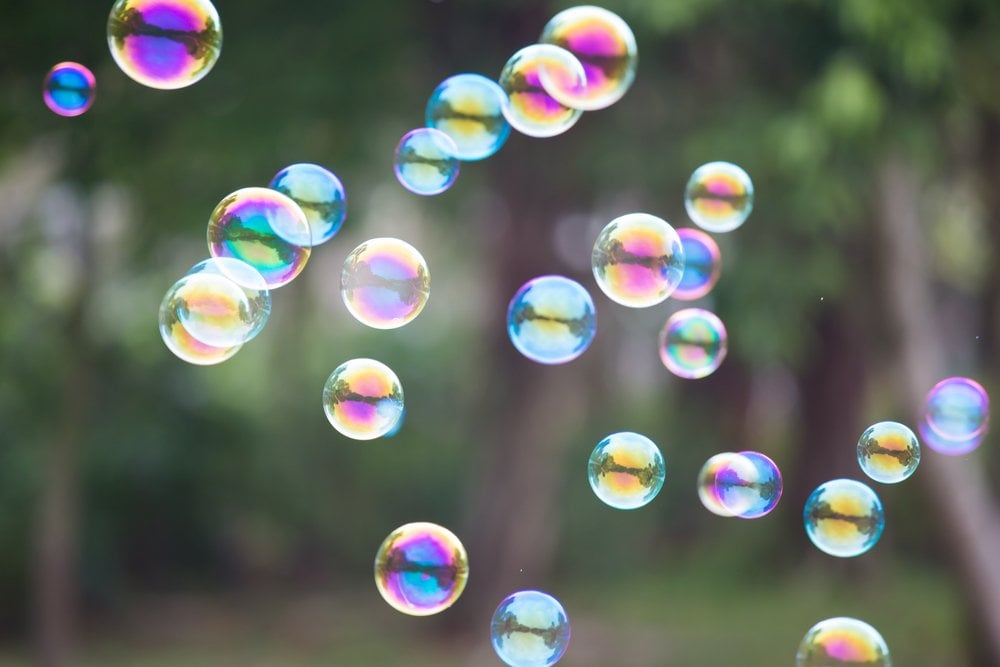
Butterfly wings are actually composed of many tiny transparent scales that contribute to iridescence. Therefore, depending on their exact structure, the wings will give off different colors of varying intensities. When light hits a butterfly wing, it goes through multiple layers of these scales, which are separated by air. This makes it reflect many times, and the combination of all these reflections gives the butterfly’s wings their iridescent color.
The most interesting aspect of a butterfly’s color, however, is when the two aspects of pigmentation and iridescence combine to create a unique color. An example of this is when you look at a butterfly with yellow pigmentation on its wings, but covered by structures that give off a red iridescent color; you will see an orange butterfly! This color may even change as the butterfly moves its wings (due to the iridescence, of course) to give off changing colors of yellow, red, orange and everything in between.
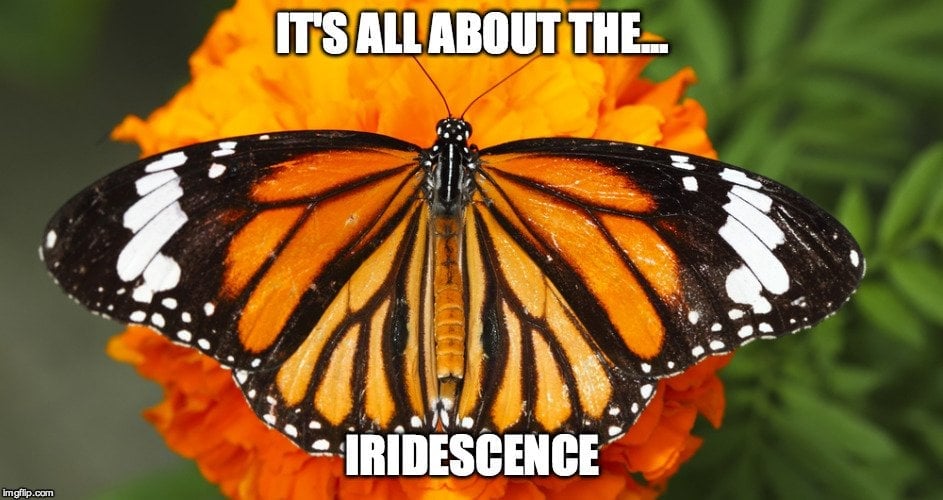
The colors of a butterfly’s wings are, without doubt, nature at its aesthetic best.


